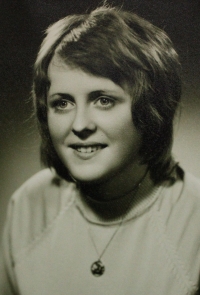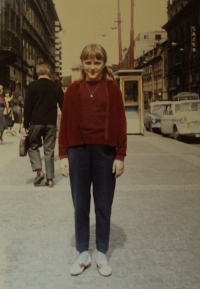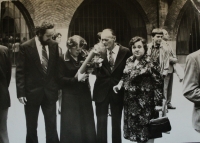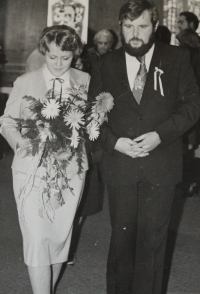There is something to look forward to every day
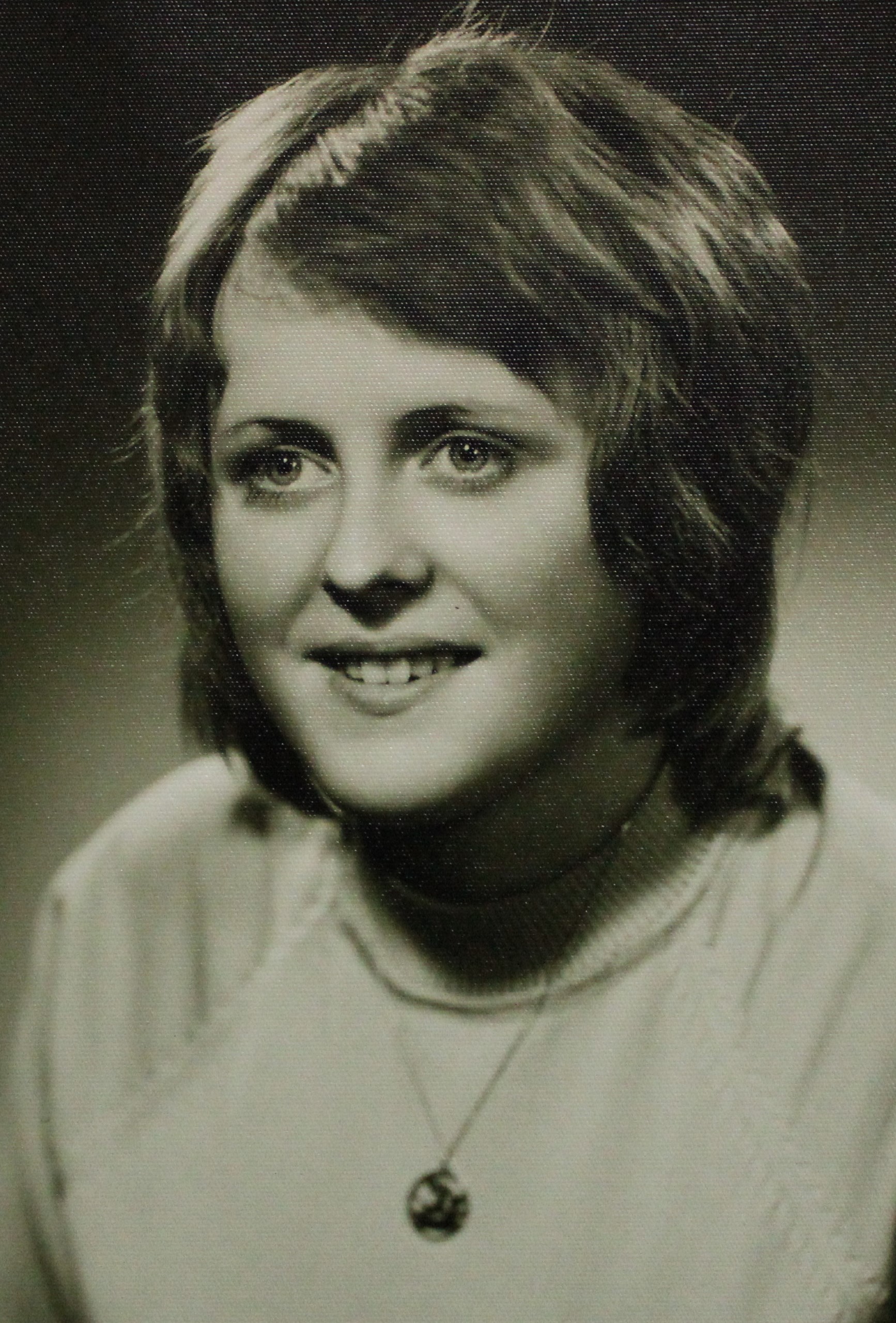
Stáhnout obrázek
Lenka Šepsová was born on September 20, 1955 in Hlinsko in the Vysočina region, she grew up in the nearby village of Srní. After a happy childhood, she experienced the occupation of Czechoslovakia by the Warsaw Pact troops. Prior to applying to the medical school, she was threatened with a worsening of her behavior for an allegedly religious drawing. After graduating from medicine, she went to Nový Bor, where she started a family and worked as a pediatrician. She befriended Miloslav Vašina, who was a signatory to Charter 77, and in the summer of 1989 signed the Several Sentences manifesto. During the Velvet Revolution, she co-founded the Civic Forum in Nový Bor and organized demonstrations there. In the first free elections in 1990, she was elected a member of the Czech National Council.
